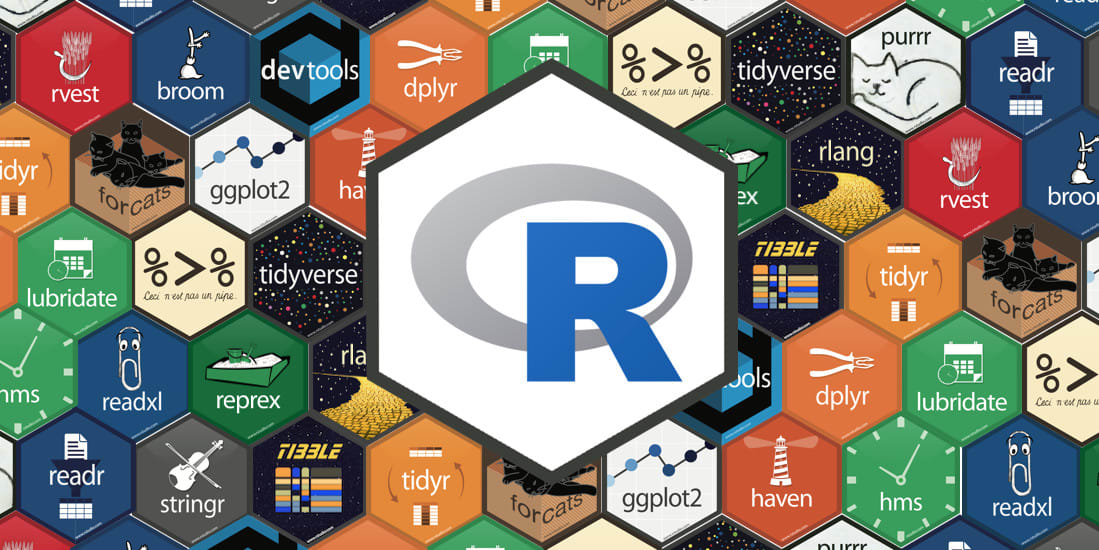
R is an interpreted programming language-based software application which can be an ideal platform for statistical analysis and data visualization. For biostatisticians and programmers in the pharmaceutical and biotech industry, it offers a wide and rapidly growing range of user-developed packages containing functions which can efficiently manipulate complex data sets and create tables, figures, and listings. the popularity of RStudio® in both academia and the clinical industry increased exponentially over the last decade since it is free and open-source, has powerful statistical support and advanced visualization through its huge user base and extension packages.
COURSE CURRICULUM
- Drug Discovery and Clinical Research
- ICH GCP (Good Clinical Practice)
- 21 CFR Part 11 _ Electronic Records, Electronic Signatures
- Statistical principles for clinical trials (ICH E9)
- Standard operating procedures (SOP’s)
- Protocol
- aCRF (Annotated case report form)
- Statistical Analysis Plan (SAP)
- CDISC Standards (SDTM, ADaM)
- TLFs (Tables, Listings, and Figures)
- Training on Oncology project
BIOSTATISTICS
- Introduction to Biostatistics – Clinical Applications
- Frequency Distribution of Clinical data
- Clinical Data Presentation
- Measures of Centering Constants
- Measures of Dispersion
- Normal Distribution
- Null Hypothesis / Alternate Hypothesis
- p – Value Interpretation
- Sampling Variation
- Probability Concepts In Clinical Trials
- t-Test – Pharma Applications
- Chi Square test – Adverse Event Analysis
- Correlation & Regression – Estimation Analysis
- ANOVA – Efficacy Analysis
- Randomization
Introduction to R
- What is R?
- History and Features of R
- Introduction to R Studio
- Installing R and Environment Setup
- Command Prompt
- Learning R programming Syntax
- Understanding R Script Files
R Programming basics
- Data types in R
- Creating and Managing Variables
- Understanding Operators
- Assignment Operators
- Arithmetic Operators
- Relational and Logical Operators
- Other Operators
- Understanding and using Decision Making Statements
- The IF Statement
- The IF…ELSE statement
- Switch Statement
Comprehending Loops and Control
- Repeat Loop
- While Loop
- For Loop
- Controlling Loops with Break and Next Statements
Learning more about Data Types
- Understanding the Vector Data type
- Introduction to Vector Data type
- Types of Vectors
- Creating Vectors and Vectors with Multiple Elements
- Accessing Vector Elements
- Understanding Arrays in R
- Introduction to Arrays in R
- Creating Arrays
- Naming the Array Rows and Columns
- Accessing and manipulating Array Elements
Learning the Matrices in R
- Introduction to Matrices in R
- Creating Matrices
- Accessing Elements of Matrices
- Performing various computations using Matrices
Learning the List in R
- Understanding and Creating List
- Naming the Elements of a List
- Accessing the List Elements
- Merging different Lists
- Manipulating the List Elements
- Converting Lists to Vectors
Getting to know and Working with the Factors
- Creating Factors
- Data frame and Factors
- Generating Factor Levels
- Changing the Order of Levels
Learning Data Frames
- Creating Data Frames
- Matrix vs Data Frames
- Sub setting data from a Data Frame
- Manipulating Data from a Data Frame
- Joining Columns and Rows in a Data Frame
- Merging Data Frames
- Converting Data Types using Various Functions
- Checking the Data Type using Various Functions
Functions in R
- Understanding Functions in R
- Definition of a Function and its Components
- Understanding Built-in Functions
- Character/String Functions
- Statistical and Numerical functions
- Time and Date Functions
- Understanding User Defined Functions (UDF)
- Creating a User Defined Function
- Calling a Function
- Understanding Lazy Evaluation of Functions
Functioning with External Data
- Understanding External Data
- Understanding R Data Interfaces
- Working with Text Files
- Working with CSV Files
- Understanding Verify and Load for Excel Files
- Using written() and ReadBin() to manipulate Binary Files
- Understanding the RMySQL Package to Connect and Manage MySQL Databases
Data Visualization with R
- What is Data Visualization
- Understanding R Libraries for Charts and Graphs
- Using Charts and Graphs for Data Visualizations
- Exploring Various Chart and Graph Types
- Pie Charts and Bar Charts
- Box Plots and Scatter Plots
- Histograms and Line Graphs
Knowing about Statistical Computation using R
- Understanding the Basics of Statistical Analysis
- Uses and Advantages of Statistical Analysis
- Understanding and using Mean, Median, and Mode
- Understanding and using Linear, Multiple and Logistic Regressions
- Generating Normal and Binomial Distributions
- Understanding Inferential Statistics
- Understanding Descriptive Statistics and Measure of Central Tendency
Packages in R
- Understanding Packages
- Installing and Loading Packages
- Managing Packages
OTHERS
- Daily Tasks
- Certification Guidelines
- Sample Questions
- Resume Preparation
- Mock Interviews
- Group Discussions
- Personality Development